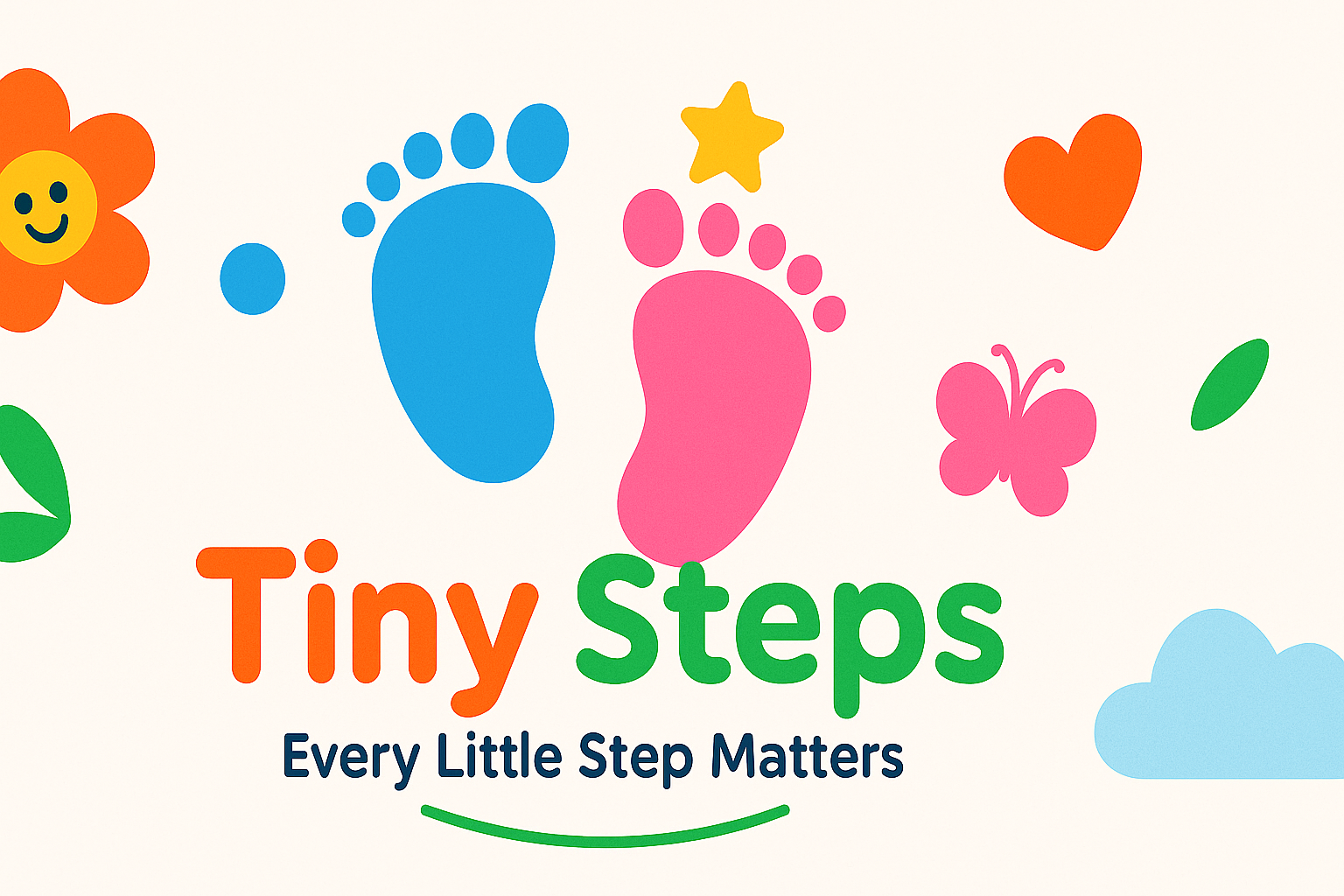Author: M. Sharanya
Published on: July 8, 2025
In today’s digital world, it can be tempting to hand your toddler a screen for easy entertainment. But research shows that toddlers thrive on real-world interactions and hands-on experiences. Screen-free games don’t just keep your child busy—they actively support brain development, language growth, social skills, and imagination. Here are some of the best brain-boosting activities you can introduce at home, without a single screen in sight.
Contents
1. Sorting Games
Use colorful buttons, blocks, or animal figures and have your toddler sort them by color, shape, or size. This boosts critical thinking, categorization, and fine motor skills.
2. Pretend Play
Whether it’s playing kitchen, doctor, or shopkeeper, imaginative role-play helps develop language, empathy, and problem-solving abilities in toddlers.
3. Matching Cards
Simple picture-matching cards or homemade flashcards are great for memory, focus, and visual processing. Play in short sessions to keep it fun.
4. Puzzle Time
Age-appropriate puzzles teach patience, logic, and hand-eye coordination. Start with 2- or 3-piece wooden puzzles and build up from there.
5. Simon Says
This classic game enhances listening, attention span, and motor skills. Keep the commands silly and interactive for extra giggles!
6. Playdough Creations
Rolling, shaping, and squishing playdough strengthens hand muscles and encourages creative thinking. Add cookie cutters or natural items like leaves for more fun.
7. Hide and Seek With Toys
Hide a small toy around the room and give clues or help your toddler find it. It encourages problem-solving and spatial awareness.
8. Story Time Adventures
Turn reading into an interactive experience. Use voices, ask questions, and let your toddler finish sentences or describe pictures.
9. Obstacle Course
Create a safe indoor or outdoor course using cushions, tunnels, and tape. Great for motor planning, coordination, and confidence.
10. Musical Games
Tap along to beats, dance together, or make your own rhythm band with household items. Music strengthens auditory processing and memory.
Why Screen-Free Matters
Toddlers learn best through physical interaction and emotional connection. While limited screen time can be educational, screen-free games offer deeper benefits like better attention, richer vocabulary, and stronger emotional regulation.
Final Thoughts
Replacing screen time with meaningful play doesn’t have to be hard or expensive. With just a few simple tools and your involvement, you can turn everyday moments into powerful opportunities for brain growth. The best part? Your toddler will love every minute.



